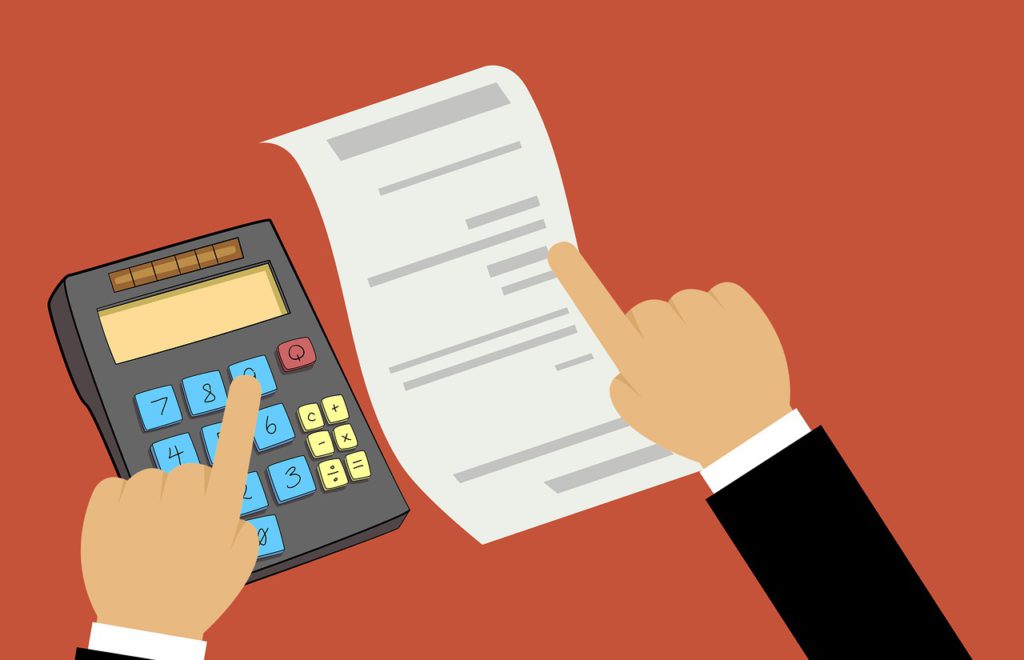Any person or business that has a tax debt may seek to have the ATO payment arrangement plans, provided that the debt is not disputed. If you are a sole proprietor, or if you have an income tax or activity statement debt of less than $100,000, you can apply for a Payment Plan from the ATO online. The ATO has created payment plans to assist struggling individuals and businesses, so apply for one if you are struggling to repay tax debt. A monthly payment plan helps taxpayers pay off tax debts, one small amount at a time, while also avoiding serious penalties for not paying.
A monthly IRS payment plan, called a payment plan, has long been a popular option for taxpayers who cannot afford to make a payment on their tax debt. Payment options include full payment, a short-term payment plan (paid over 120 days or fewer), or a longer-term payment plan (instalment agreement) (paid monthly). Payments accepted under this plan are more limited, with only one option called Direct Debit Installment Agreement (DDIA). Once you have applied for this plan, you will pay your outstanding taxes through non-direct (not automated) monthly payments, including payments directly from a checking or savings account (Direct Pay) or via cheque, money order, or debit/credit card.
For tax debtors who cannot repay the total amount of taxes owed in one lump sum, the IRS allows qualified individuals to enrol in a monthly payment plan, known as the IRS Installment Agreement. Once approved, the IRS agrees to allow you to pay the debt each month rather than paying it all at once. The IRS determines that you cannot pay your taxes in full at your scheduled due date, and you provide all of the information needed by the IRS to make that determination. If you are not able to pay the taxes you owe by your original filing deadline, the balance is subject to interest and a penalty for each month that it is late.
File all required tax returns on time and pay all taxes in full and on time (contact IRS to amend existing arrangement if you are unable). If you cannot pay the full tax bill in the first 60 days, you should pay what you can to avoid extra interest and penalties. To limit the number of penalties and interest, it is best to pay off as much of the tax bill as you can on your income return. You agree to pay your bills over 3 years, and you are required to follow tax laws during the time that agreement is in place.

You may choose to pay your balance in full at any time, with no extra fees or penalties. If you have an outstanding balance of less than $50,000, you may request an Online Payment Agreement rather than filing Form 9465. When making a payment with a check, write your name, address, SSN, daytime telephone number, year, and type of return in the check.
You can include the information on the tax form, and the IRS will automatically deposit funds in your account. If you have a prepaid card that accepts direct deposits, you may even get your refund on your card. To get information about whether or not your federal tax refund or payment has been reduced or cancelled, you can call 800-304-3107 and choose Option 1 to listen to an automated message with the amount, date, and agency or creditors to which you owe a debt. Once you have identified all your debt obligations, you may want to think about ways that your tax refund could help to pay for, or even repay, one or more of your debts.
A debt tax plan or loan may be used to either settle a debtor make a down payment to set up a payment plan, and interest can even be deductible. With this plan, you pay a fixed amount each month by auto withdrawal, similar to a home equity loan.
Having the ability to customize a payment plan instead of having a fixed amount each month of the account, which might exceed the amount you can afford, increases your chances of paying down your debt and takes some pressure off you from having to pay back the IRS. If you cannot afford to pay taxes in full, or you are having trouble repaying the state for an overpayment on a homestead exemption or a Senior Freeze, a payment plan may be helpful.
Agreeing with this means that you should plan for having enough withholding or estimated future tax payments to ensure that your future tax liabilities are paid in full by the time you file.

